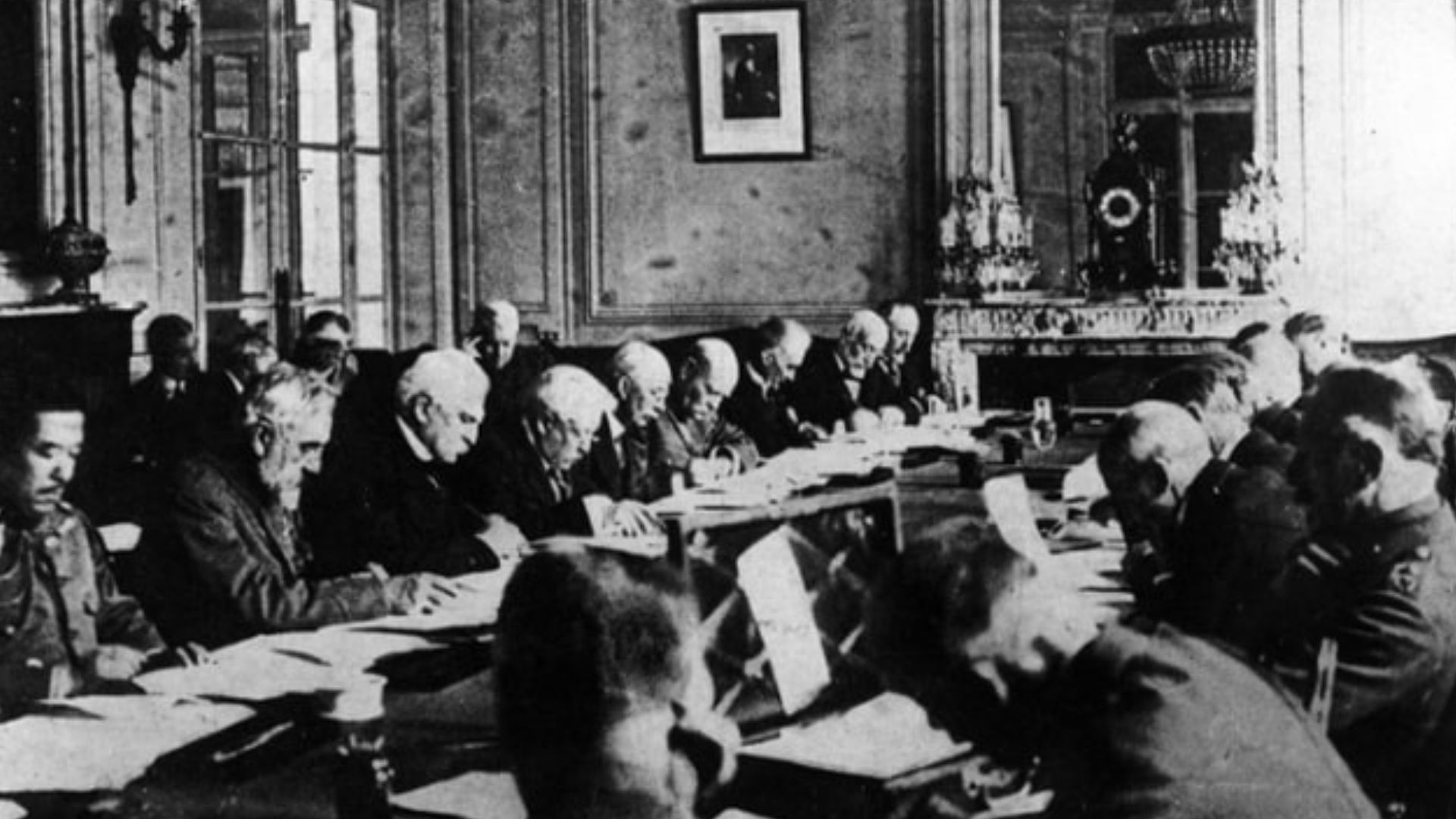On August 4th, the Columbia Global Centers | Istanbul, Columbia Global Centers | Tunis and the Sakıp Sabancı Center for Turkish Studies hosted a live online master class on "The History of Ottoman History" with Professor Zeynep Çelik and A. Tunç Şen, Assistant Professor of History at Columbia University.
The History of Ottoman History: A Master Class was based on a seminar on the “Margins of Ottoman Historiography” co-taught by Zeynep Çelik and Tunç Şen at Columbia University in Fall 2019. The seminar was designed to discuss the formation of the Ottoman-Turkish historiography in the late Ottoman and Early Republican Turkey. The main goal of the seminar was to familiarize the students with the foundational works, trends, institutions, and names of the rigorous and essential scholarship in Ottoman-Turkish studies from a multi-disciplinary approach.
In his opening remarks, Tunç Şen stated that the aim of the seminar was to introduce their students to a largely overlooked body of scholarship in Ottoman History produced in the first half of the twentieth century, roughly from 1910s to1960s. The seminar included the works of Turkish scholars such as Celal Ünver, Osman Nuri Ergin, Ömer Lütfi Barkan, and Sabri Ülgener who were born and raised in the final years of the Ottoman Empire. This body of scholarship has been overlooked and marginalized under the influence of Anglo-American studies. Today, students of Ottoman History are either unaware or dismissive of these sources. Contrary to the general assumption, Şen and Çelik argued that this was in fact an intellectually vibrant period, during which new academic institutions and organizations were established and numerous academic journals were published. These scholars were not merely occupied with writing political or military histories but were also interested in economic history, urban history, and history of science. During the online class, some of the Fall 2019 seminar students shared their perspectives and takeaways with over 300 participants from different countries.

